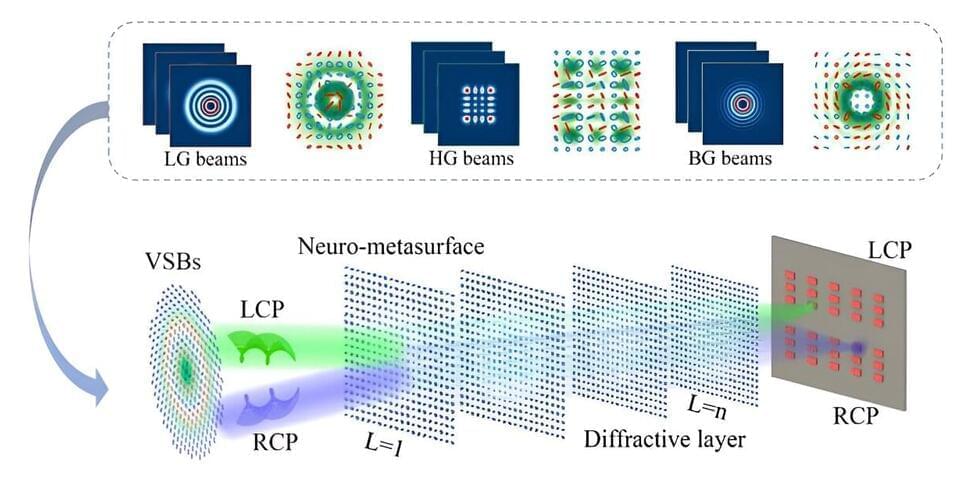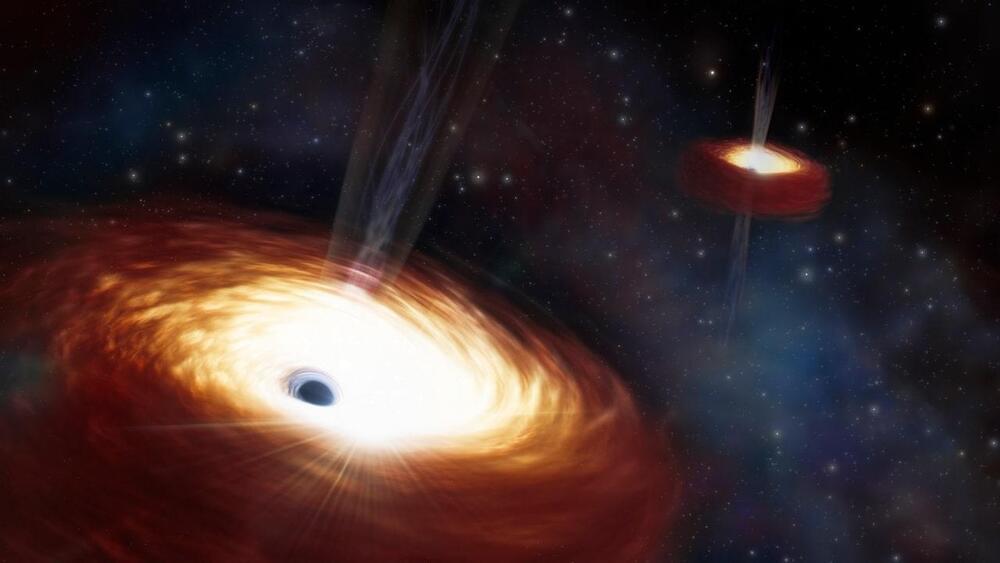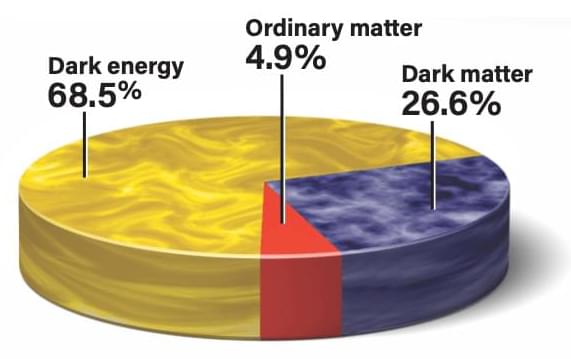Basically confirmed whats been said here. AI will take over film making by 2029/2030.
Actor and entrepreneur Ashton Kutcher lauded OpenAI’s generative AI video tool Sora at a recent event. “I’ve been playing around with Sora, this latest thing that OpenAI launched that generates video,” Kutcher said. “I have a beta version of it, and it’s pretty amazing. Like, it’s pretty good.”
He explained that users specify the shot, scene, or trailer they desire. “It invents that thing. You haven’t shot any footage, the people in it don’t exist,” he said.
According to Kutcher, Sora can create realistic 10–15 second videos, despite still making minor mistakes and lacking a full understanding of physics. However he said that the technology has come a long way in just one year, with significant leaps in quality and realism.




